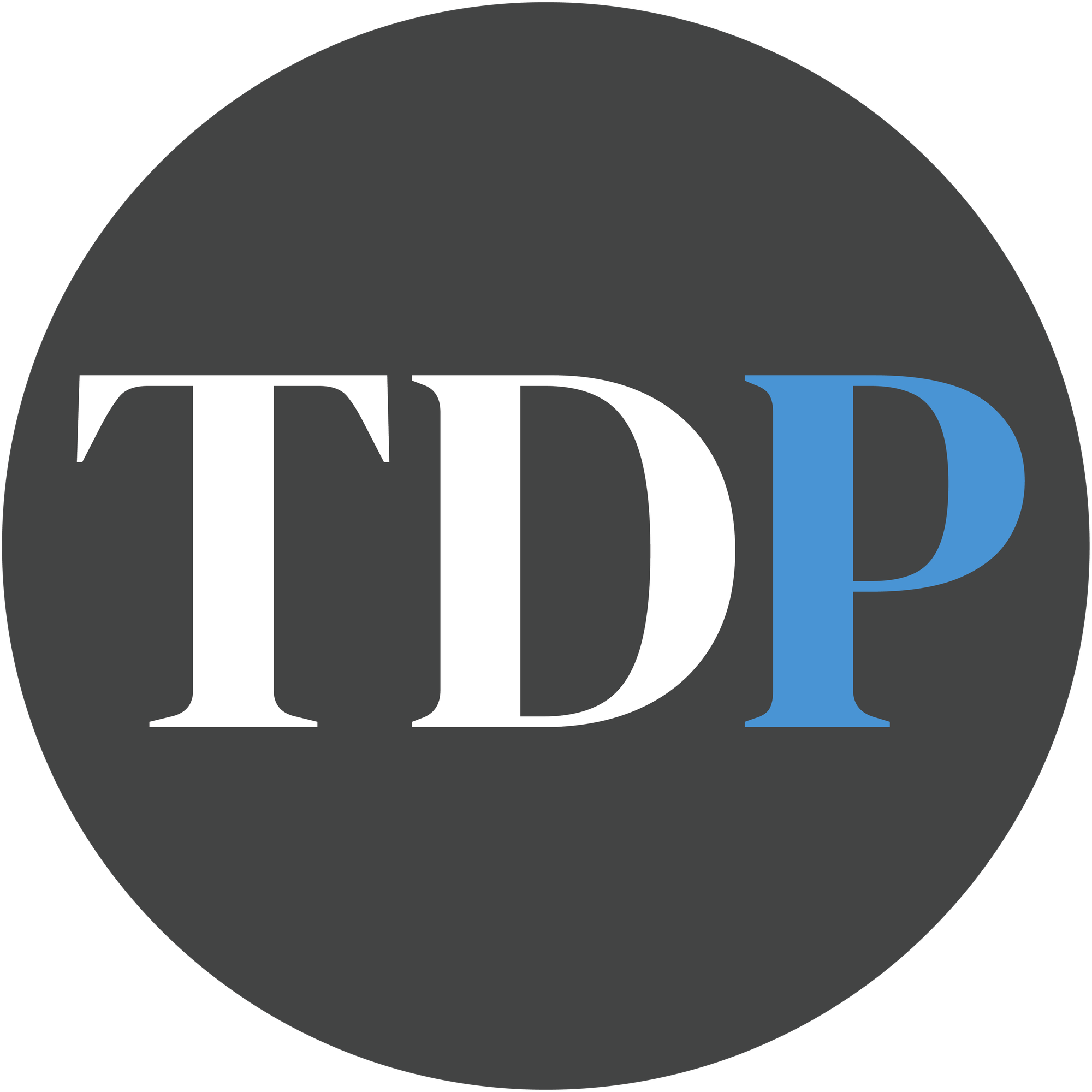Community health centers get ready for potential fallout from GOP's 'big beautiful bill'
With nearly two-thirds of its revenue coming from Medicaid, the GOP’s recent passage of their budget reconciliation legislation imposes immediate threats.

- Partnership Community Health Center (PCHC) in the Fox Cities is facing significant negative impacts from recent Trump administration policies.
- These policy changes are projected to cause millions to lose healthcare coverage, particularly affecting community health center (CHC) patients.
- PCHC provides crucial "culturally competent care" and addresses social determinants of health for vulnerable populations, but new administrative burdens threaten their ability to serve.
As a holistic health care provider in the Fox Cities, there aren’t many ways Partnership Community Health isn’t being impacted by recent actions taken by the Trump administration.
It’s not just Medicaid cuts, it’s also new eligibility and documentation requirements. It’s not just cuts to the Affordable Care Act, it's the increased difficulty for enrolling. It’s also cuts to food pantry programs; changes to the 340B drug discount program; concerns about potential ICE raids; new administrative burdens; potential cuts to Medicaid reimbursement – PCH’s primary revenue stream – which could lead to a reduction in services and/or staff cuts.
“Yeah, it’s definitely been challenging,” says Ryan Smith, PCHC’s Community Health and Outreach Coordinator, “when it seems like every other week, there’s something coming out that’s affecting either us or our patients. So many of the policies that are put forth are very vague and there’s a lot that’s unknown.
“It’s definitely been stressful.”
Partnership Community Health Center has been providing affordable healthcare to underserved populations in Outagamie, Winnebago and Calumet Counties since 1997. The key services it offers are dentistry (given that so few private practice dentists accept Medicaid), behavioral health and preventative and primary care. This does not include the more holistic aspects to their services such as facilitating transportation, affordable housing, food pantries and other social determinants.
With nearly two-thirds of PCHC's revenue coming from Medicaid, the GOP’s recent passage of their budget reconciliation legislation – or so-called Big Beautiful Bill – imposes immediate threats, and that includes on community health centers all over the country. The non-partisan Congressional Budget Office, which weighs the financial impact of legislation, estimated that the bill’s nearly $1 trillion cuts to Medicaid and changes to the Affordable Care Act will result in as many as 17 million Americans losing their health care.
Of that, 2 million community health center (CHCs) patients will lose coverage and such centers will see an additional 1.7 million patients without insurance. The CBO further estimates that one of every five folks who lose Medicaid coverage are CHC patients. Community health centers currently serve 22 percent of the nation’s uninsured, up from 15 percent a year ago. That is money places like Partnership Community Health have to eat and it is through Medicaid revenue – primarily through their dentistry services – that they are able to offset those losses.
A holistic approach to care
Smith says it’s hard to overestimate the role community health plays in people’s lives – especially society’s most vulnerable and marginalized communities.
“I think what we do in general really well is provide what I call ‘culturally competent care,’” he says, noting that PCHC has on its staff three Spanish-speaking providers. “And we do a really good job of caring for those more vulnerable populations, people who need that extra support or help with their insurance and how to navigate that and getting linked to other community resources.”

Smith refers to intangible resources that he says can’t necessarily be addressed in the four walls of an exam room, things he calls “social determinants and social drivers. Seventy to eighty percent of your overall health can be determined around things like housing and food insecurity and making sure you understand how to utilize insurance and transportation,” he explains. “We come across people on a daily basis who have fallen off their health coverage because they get letters in the mail that they can’t understand or don’t have the technology to act on it. So we see people who have lost coverage because maybe they didn’t realize they had to renew or who didn’t know to submit certain documents.”
While financial cuts surely pose the greatest risk to the health of vulnerable communities and Partnership’s clientele, the added hurdles to coverage outlined in the federal government’s budget bill run a close second. Among their other duties, six of PCHC’s Appleton staff are certified application counselors, charged with helping patients navigate the already labyrinthine requirements for acquiring Affordable Care Act insurance as well as helping them identify the necessary documents to qualify for Medicaid. Even then, learning how to utilize your insurance is difficult, especially so for people struggling just to survive.
“Just because you have health insurance doesn’t mean you can go out and access any sort of care that you want or need,” Smith says. “There are so many rules about how you can use each plan correctly. So we’re also here to listen to people and understand what their needs are.”
Now, more onerous work requirements with Medicaid and the consequent additional documentation needed has PCHC’s staff gearing up on the new rules so that they can guide their patients through the necessary steps to become or remain insured. Smith points to Arkansas as a state that has already added hurdles to enrollment with dire results.
Committed to the mission
“My biggest fear and I think of our organization is the administrative red tape of renewals,” he says. “Arkansas tried this in 2019 or 2020. When they tried to implement work requirements they had pretty catastrophic results. Just the number of actually eligible people for the program who fell off because of how onerous the administrative paperwork was for them. I think that’s where the biggest risk is for people to lose coverage who shouldn’t.”
Smith says the Wisconsin Department of Human Services estimates that 70,000 (of 1.2 million Medicaid enrollees in the state) will likely be out of coverage due to the new work requirements.
“That doesn’t sound like a lot but I mean there’s a much larger group who would be subject to the reporting requirements,” he says. He worries that all that new paperwork will, like they did in Arkansas, cause people to simply fall off the rolls. The GOP claims much of that one trillion in cuts will be found via fraud and waste but Smith, like so many others who have dealt with Medicaid paperwork can't see that being the case, maintaining that fraud would be especially difficult to pull off, given all that is required.
"I mean, it's not something that we've ever seen and I guess I should say it's not something that I would think would be easy to do at all," he says.
But, he says, it is the defunding of navigators who guide people through the process of qualifying for the Affordable Care Act that could prove the biggest factor in the number of people who will wind up uninsured. Those navigators have been critical in getting people enrolled.
Then there is the matter of affordability as well as the sudden ineligibility of certain populations – including lawfully present immigrants – as a result of new limitations written into the budget bill. The premium tax credits (PTCs) that helped keep so many ACA plans affordable will be eliminated starting in 2026, increasing some premiums, it is estimated, by as much as 75 percent and pricing millions out of the insurance market.

“So there's going to be that to deal with this year, and those people are going to have a real surprise, I think, when it comes to something that's like a fifty, sixty or hundred dollar plan and now they're paying, you know, two, three times that,” Smith says. “So whether people are gonna be able to budget around that, I don't know.”
When needy families lose insurance they tend to stop seeking primary or preventative care. Elation Health, which consults with private practices, estimates that every dollar spent in preventative care saves $13 in downstream healthcare costs.
"If we're looking at it from a systems point of view it's just makes more sense because if they don't come and see u for preventative care they're going to end up in the ER," he says. "It's a horribly inefficient way and leads to higher prices for health care.
"And I mean, that's not what you want as a person, either," he adds. "You want to live a healthy life in which feel good every day and you feel like you can go to work and be productive and go home and be a good parent and lead a dignified life."
For Smith and his Partnership co-workers the onslaught of new policies that impact the vulnerable – clientele he and his staff know on a personal basis and are there to serve – takes its toll, he says. But it also makes him realize that Partnership Community Health Center has never been more essential.
“Yeah, I think our staff here is so committed to our mission,” he says. “I mean, that’s the one thing that rings true throughout this organization. And so I think knowing that the people we serve don’t have anybody else who’s going to help them, that really keeps us going every day.
“Knowing that if we’re not here to continue to care for our patients, who else will? It’s the driving force that keeps us going every day.”

Community health centers get ready for potential fallout from GOP's 'big beautiful bill' © 2025 by Kelly Fenton is licensed under CC BY-NC-ND 4.0







